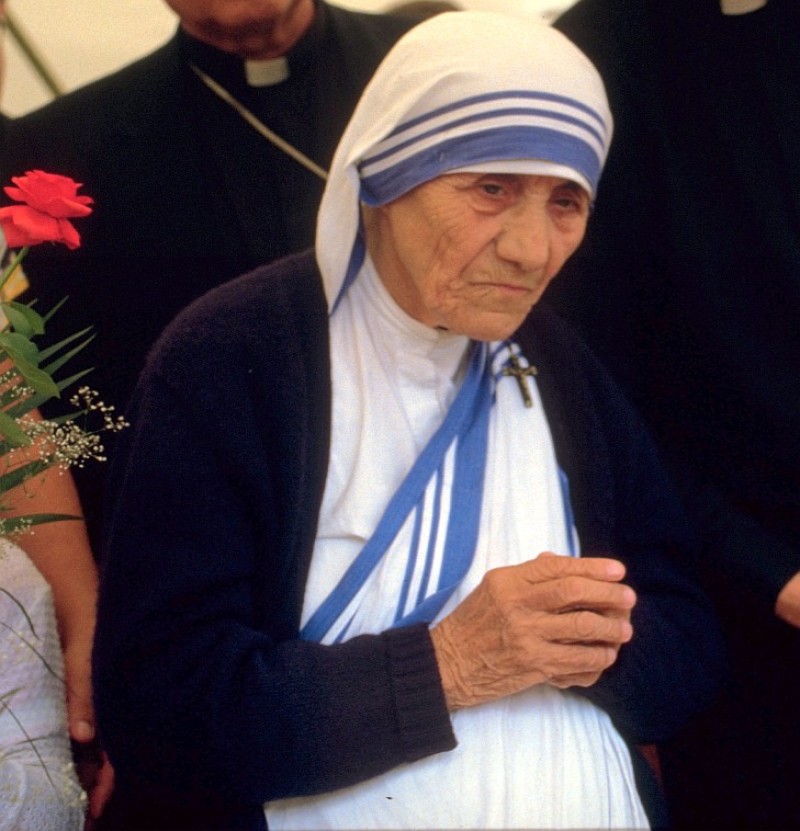
After almost two weeks of backlash from the international community, the government of India finally removed the ban on foreign funding for the Missionaries of Charity, a religious congregation of Catholic nuns, on Friday.
The Christian Post said the Ministry of Home Affairs has reinstated Mother Teresa of Kolkota's Missionaries of Charity license that allows it to receive and use foreign donations for its various works for the poor, that include mostly abandoned children sheltered in orphanages and taught in schools.
Missionaries of Charity Spokesperson Sunita Kumar told the Union of Catholic Asian News on Saturday of how "happy" they are the block was removed.
"We never expected that our registration could be canceled but it happened. We are happy that the restoration of our license happened without much delay," Kumar said.
The Indian government announced last December 27 that they did not renew the license due to "conditions under local laws" not being met by the congregation for its "eligibility" of FCRA renewal. The Ministry cited "adverse inputs were noticed" and that no "revision application has been received from Missionaries of Charity for review refusal of renewal."
As per Vatican News, the license is renewed under the Foreign Contribution Regulation Act for another five years unless the government finds the charitable congregation not complying to its norms, which includes the compulsory filing of annual returns as per income tax rules.
The Ministry of Housing, prior to announcing that the license is renewed, have removed the Missionaries of Charity from its list of non-government organizations with active FCRA registration on Thursday.
In addition, the United Kingdom Parliament was already in the process of determining if the British government had caused the blocking of the overseas funding for India's NGOs before the Ministry made the announcement that the block has been removed on the Missionaries of Charity license.
The House of Lords debated on Thursday on the matter, "asking what representations the British government had made to its Indian counterparts" on the matter. The Business Standard said United Kingdom Minister of State in the Foreign, Commonwealth and Development Office Lord Tariq Ahmad responded to this question with not knowing the reasons for the license to be rejected.
"On the issue of the license in India, I have looked into this specifically, and we do not know why its applications were rejected. I have asked and pressed to see the kinds of numbers that currently exist," Ahmad said.
Lord Harries of Pentregarth further questioned Ahmad if the intention was to keep "people coming into contact with Christianity and eventually convert to it." Ahmad responded that the data he gathered showed other non-government organizations denied of the license renewal involved other religions such as those belonging to Muslims and Hindus.
Accordingly, the ban was seen as a "targeting of religious minorities by Hindu hardliners" as Voice of America raised. As such, the United States Commission On International Religious Freedom then expressed concerns that the imposed block of the Indian government on the MC and thousands of other non-government organizations aiding the poor in India would only "fuel a hostile environment for religious communities."



















